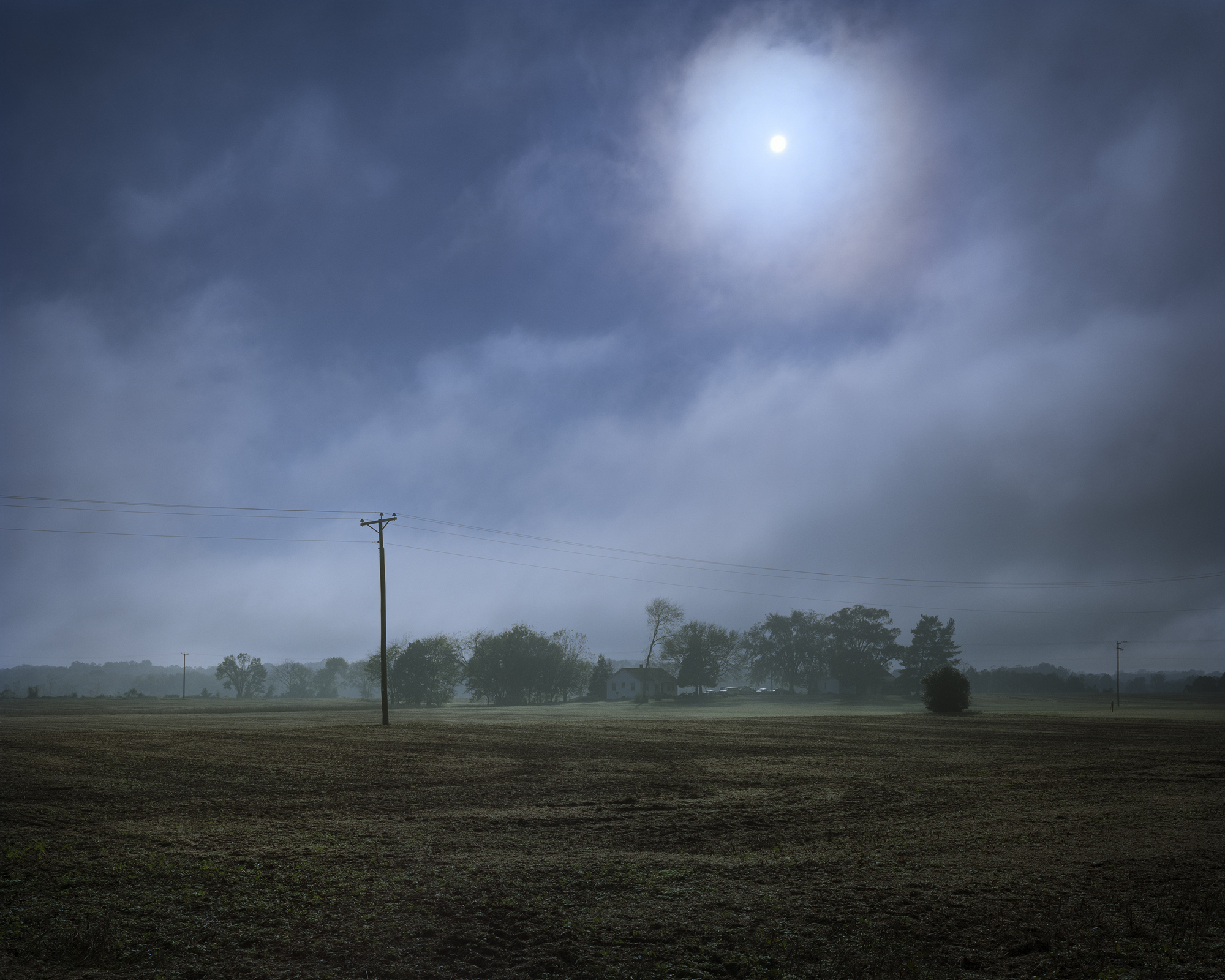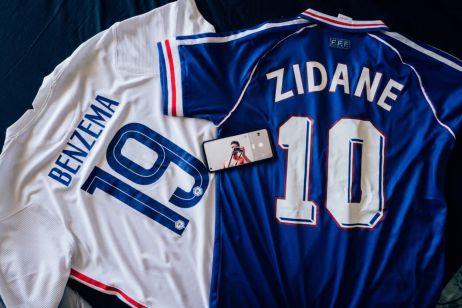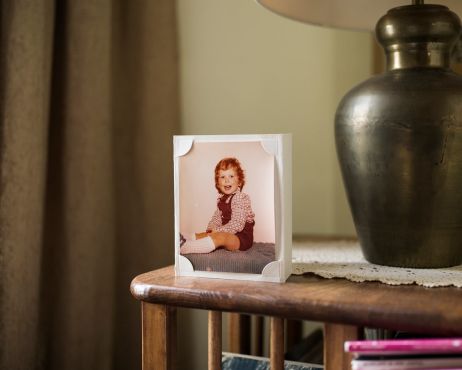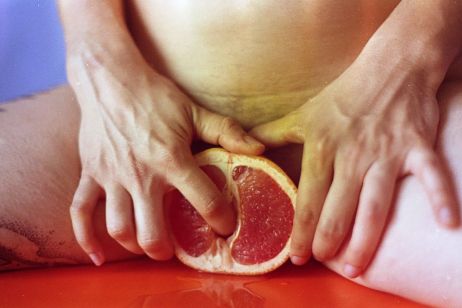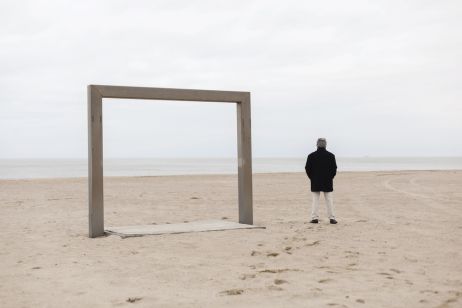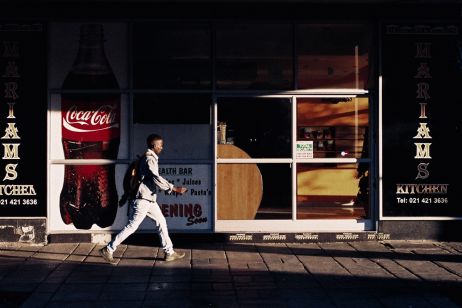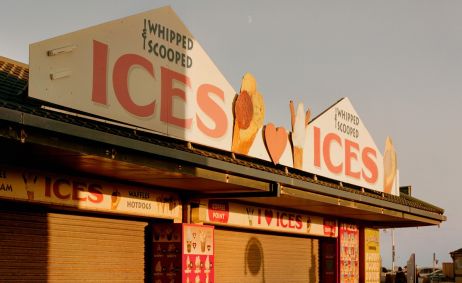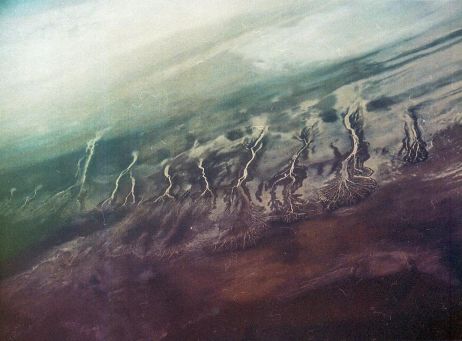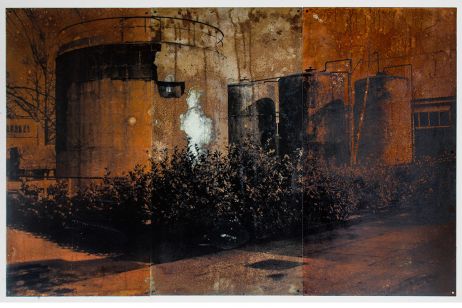Shane Rocheleau documents human behaviours. In his project You are the masters of the fish and birds and all the animals, he studies the notion of masculinity in the United States. A sociological tale, treated with great relevance. Interview with the artist.
Fisheye : How did photography enter your life?
Shane Rocheleau : Photography found me when I was 22, when two friends of mine and I travelled across the United States in a 1990-something blue Ford Escort Hatchback. I had decided to try and write a great American road-trip novel. When we woke up the second morning, ready to get back on the road, my buddy handed me his little Kodak Andvantix camera: “Take a pic of me at the water’s edge”. When I released the shutter, something clicked. I really never gave him that camera back. Every town we hit I went straight to the drugstore to find film. Suffice to say, the novel didn’t get written.
How do you choose your subjects? And for You are the masters of fish and birds and all the animals?
Every Friday, I put my camera in my car and go out into the world. I usually make ten or so 4×5” pictures. And it’s an absolutely wonderful day!
In the case of You are the masters of fish and birds and all the animals, I thought I wanted to weave both American liberal concerns (LGBT rights) and stereotypically American conservative concerns (Second Amendment gun rights) into one, coherent narrative. Out in the world, I made pictures with this in mind. I then recycled this process over several years until those general ideas distilled into very specific ideas about American masculinity and contradictions and how each relates to both my constructed identity as a white male and my nation’s psychological inheritance.
What does this title mean?
It is an excerpt from Genesis. The larger passage refers to women as servants and to men as masters of all the world. And while using this as a title suggests my own disillusionment with religion, the more salient point of its usage is that this very passage has been used to defend slavery, the decimation of Native Americans and their culture, Jim Crow laws, bigotry, to name a few American atrocities. In the United States, white men still have a strong hold on power and thus on the instruments of propaganda.
Using those twelve words hopefully leads my readers to reconsider the message of this passage and how this and other narratives have shaped American culture and our collective psyche.
How did you get the idea to work on the supremacy of white masculinity?
As I sat with my work day-in and day-out, I slowly began to realise this is what my work was saying. In his graduation speech to Kenyon College soon before he died, David Foster Wallace says,
“There are these two young fish swimming along and they happen to meet an older fish swimming the other way, who nods at them and says “Morning, boys. How’s the water?” And the two young fish swim on for a bit, and then eventually one of them looks over at the other and goes “What the hell is water?”
In the United States, white patriarchy is the water. Many before me have highlighted this truth but most from the vantage point of the oppressed. I think white men need to start taking more responsibility for and challenging their privilege and entitlement. I am responsible to make the white patriarchy, and all it’s vestiges, visible.
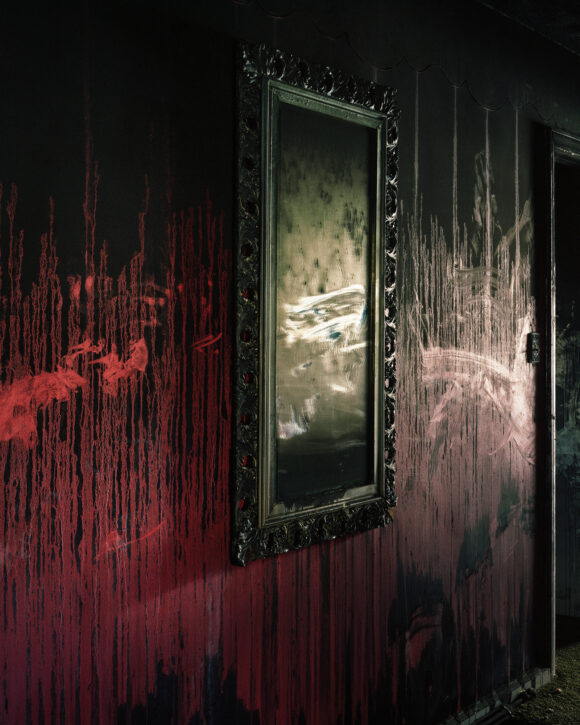
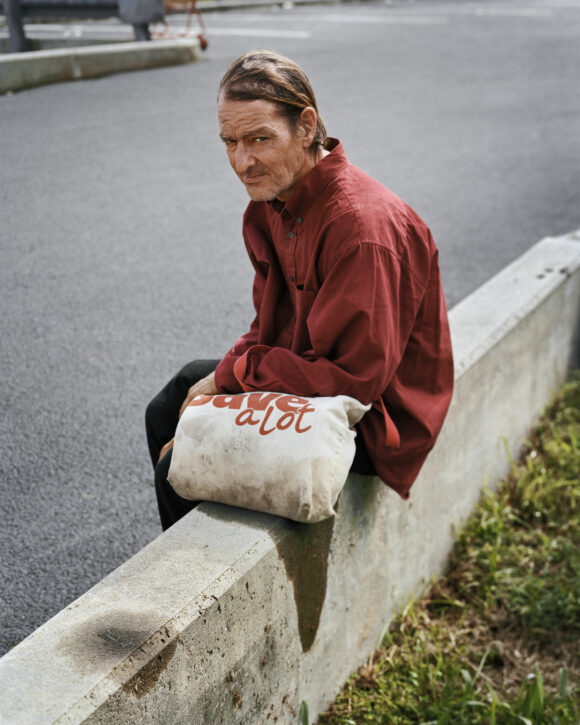
What message did you want to send to your readers?
I hope that my readers already understand, at least in some small way, that white male supremacy is everywhere. White male supremacy exerts itself through ads and football games. It undergirds our politics and religiosity, and it permeates our homes. If an American paid attention, they would know that white male supremacy is omnipresent, alive, and all too well. Ultimately, I tried to respond to this oppressive omnipresence as a white American male who has been so privileged by it.
How did you work, through images, to voice your opinion?
Rather than expressing an opinion, I think the book reflects my emotional experience, as if I sewed in fear and confusion and betrayal and hope. Honestly though, I can’t be certain that everyone will read the pictures this way. Rather, I hope my pictures compel readers to think about their own opinions and assumptions – to challenge the ideas or conditions or meanings those readers might otherwise take for granted.
White America’s masculine expectations – to be violently strong, sexually aggressive and entitled – yield in its extreme repressed, aggressive, paranoid men and victimised women and minorities. If a man “succeeds” in becoming what culture expects him to become, he is dangerously entitled, un-empathetic, injured, and violent. If he does not succeed, the shame can be overwhelming; but, he can still become dangerously entitled, un-empathetic, injured, and violent. I hope America has the strength and resolve as a culture to re-imagine what it means to be a (white) man.
Do you think feminism and other movements have helped shed light on those inequalities?
Absolutely. Feminism is inherently egalitarian while supremacy is inherently hierarchal. The mainstreaming of Feminism has encouraged many countries and cultures to challenge old assumptions about the rightness, goodness, and necessity of entrenched hierarchies – be them gendered, racial, ethnic, religious, or otherwise.
You studied psychology, did it help you tackle this topic?
Without a doubt. I studied psychology in college because I wanted to know why we all behave the way we do, why I behave the way I do. That urgent interest drives my practice as a photographer. Thinkers such as Lacan or Freud have shaped my perspective – and subsequently, my photography – over the last couple of decades. I enter all of my work through a deep interest in the individual and collective mind.
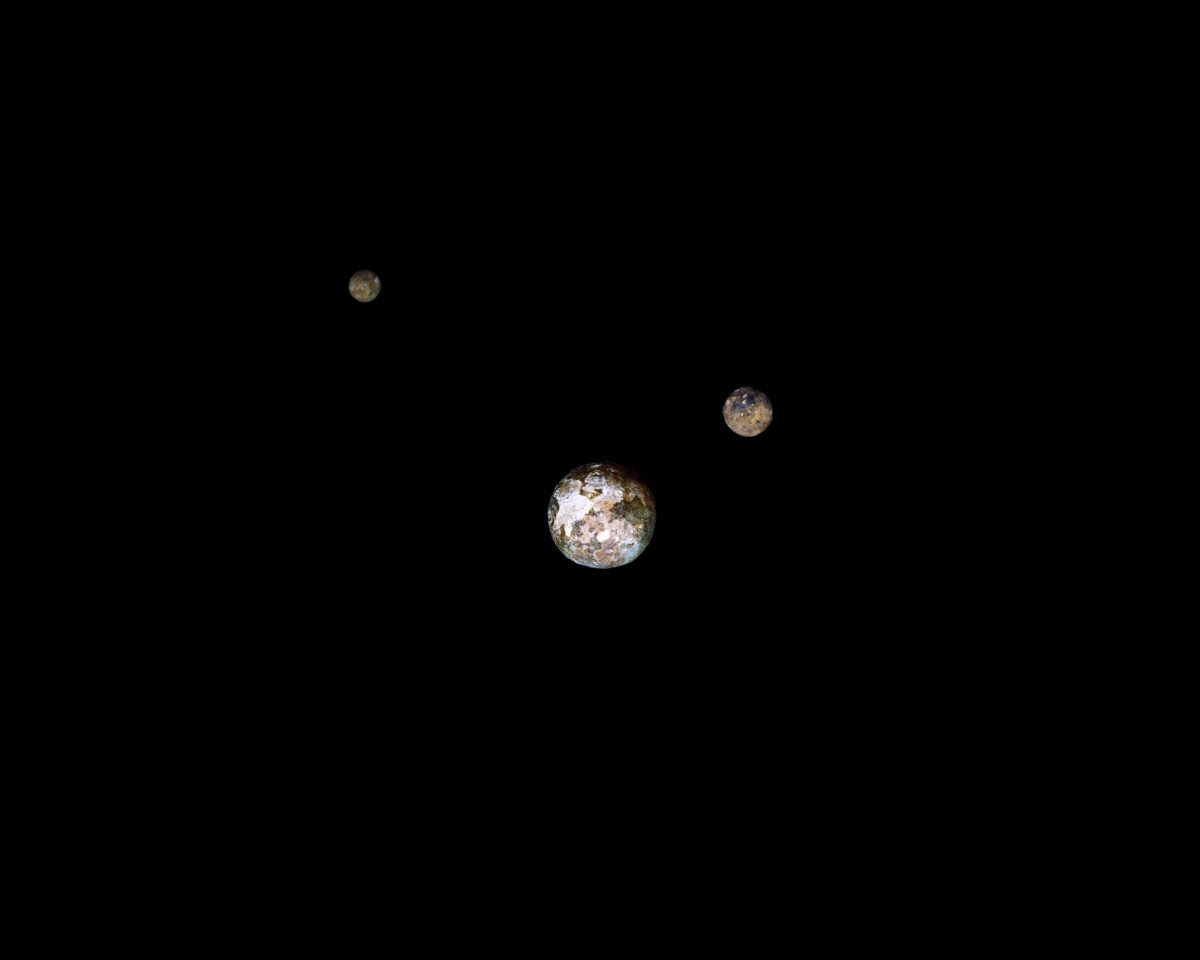
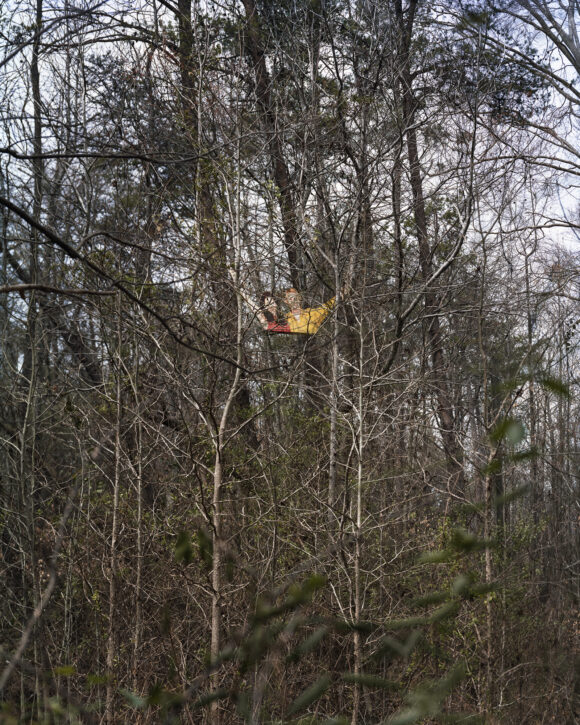
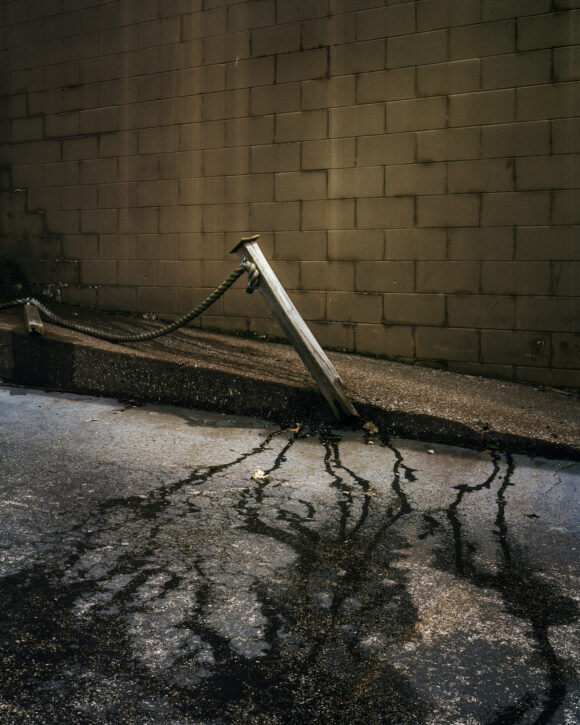
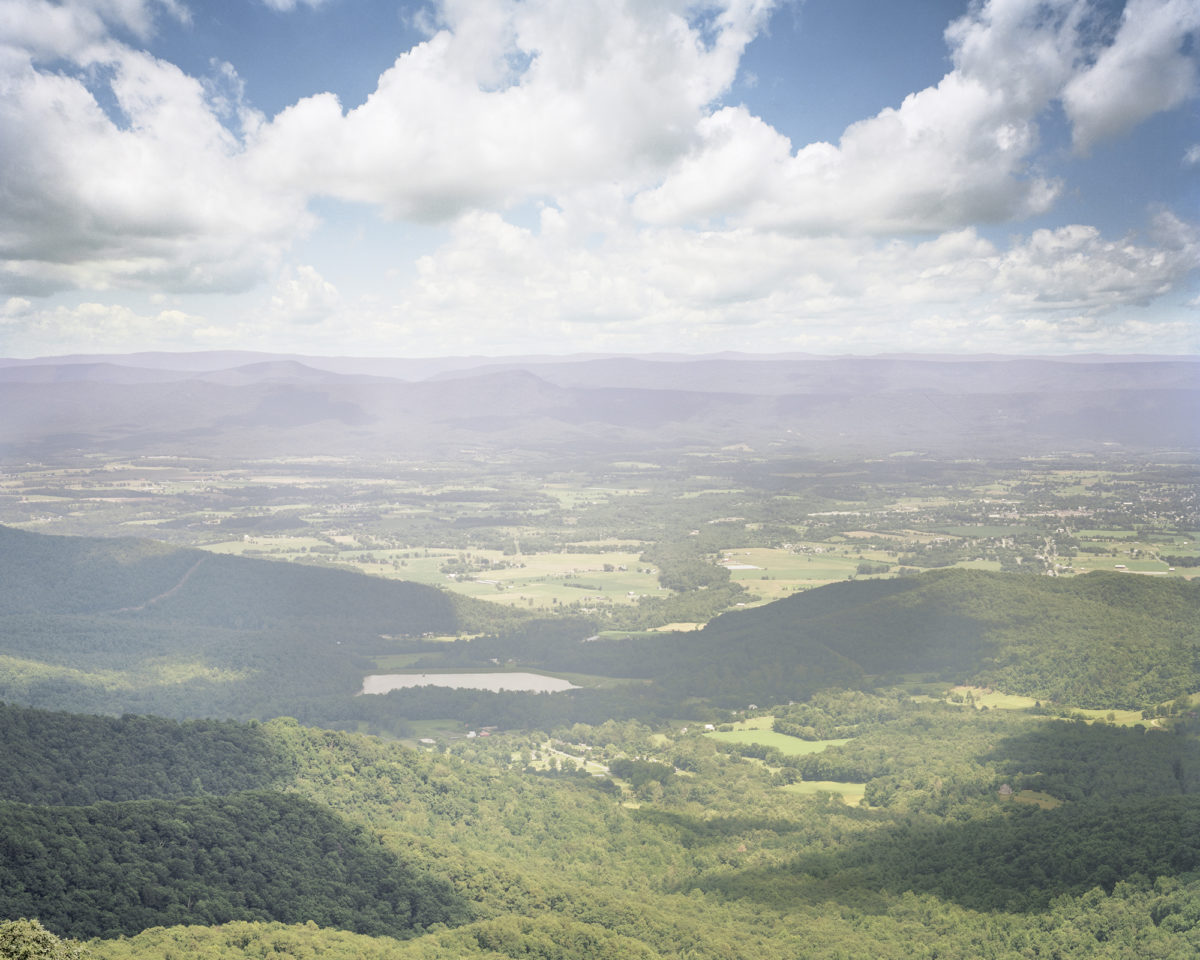
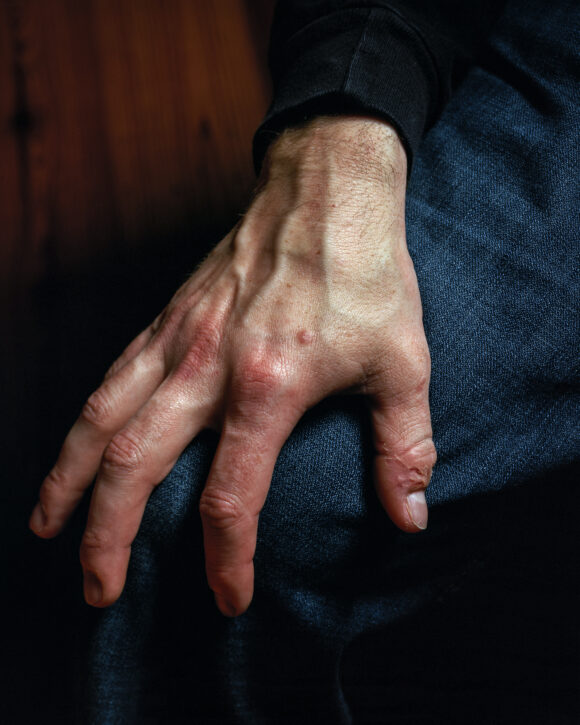
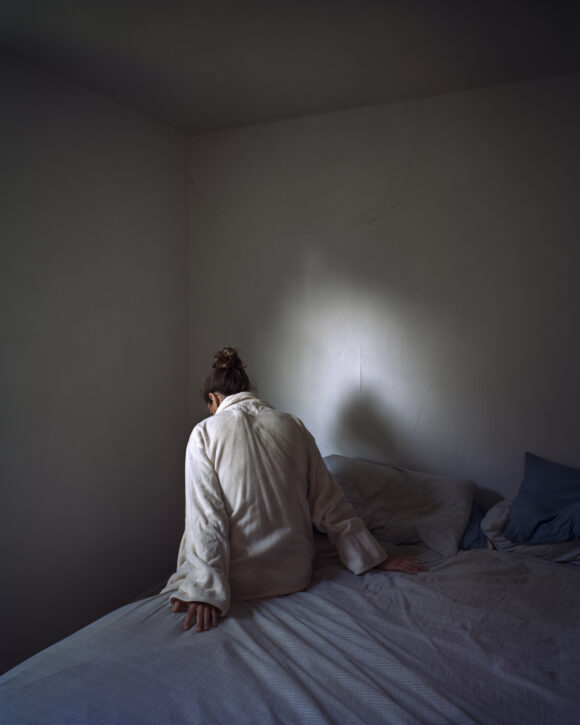
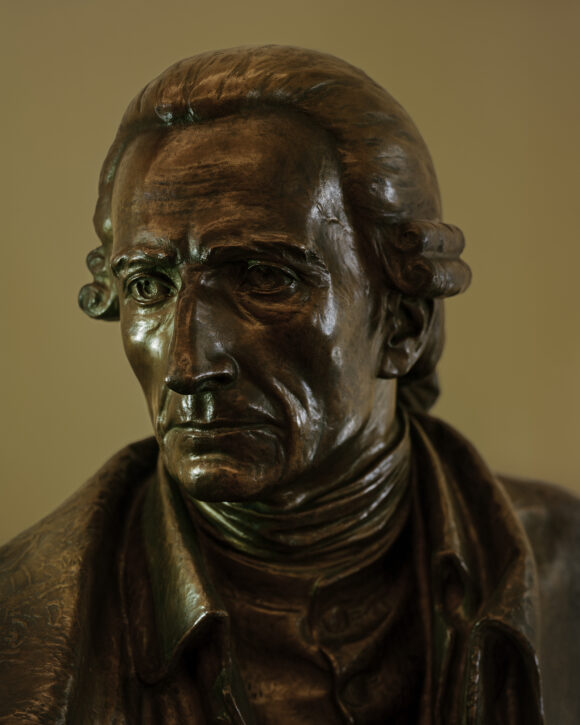
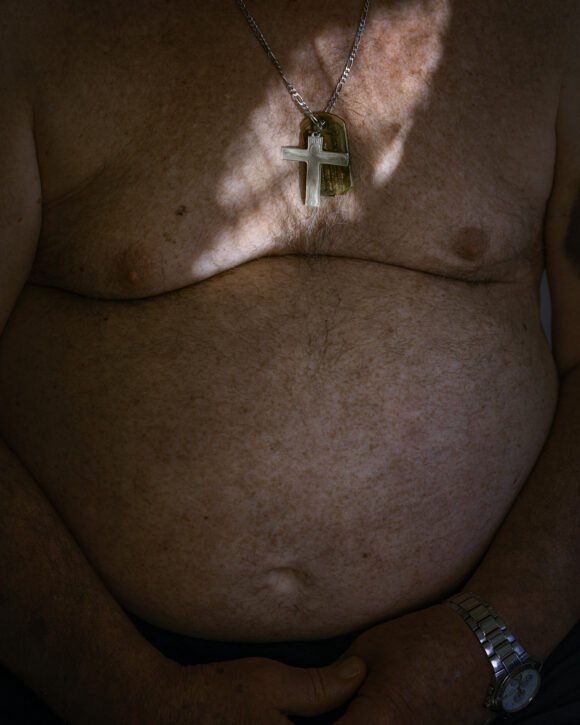
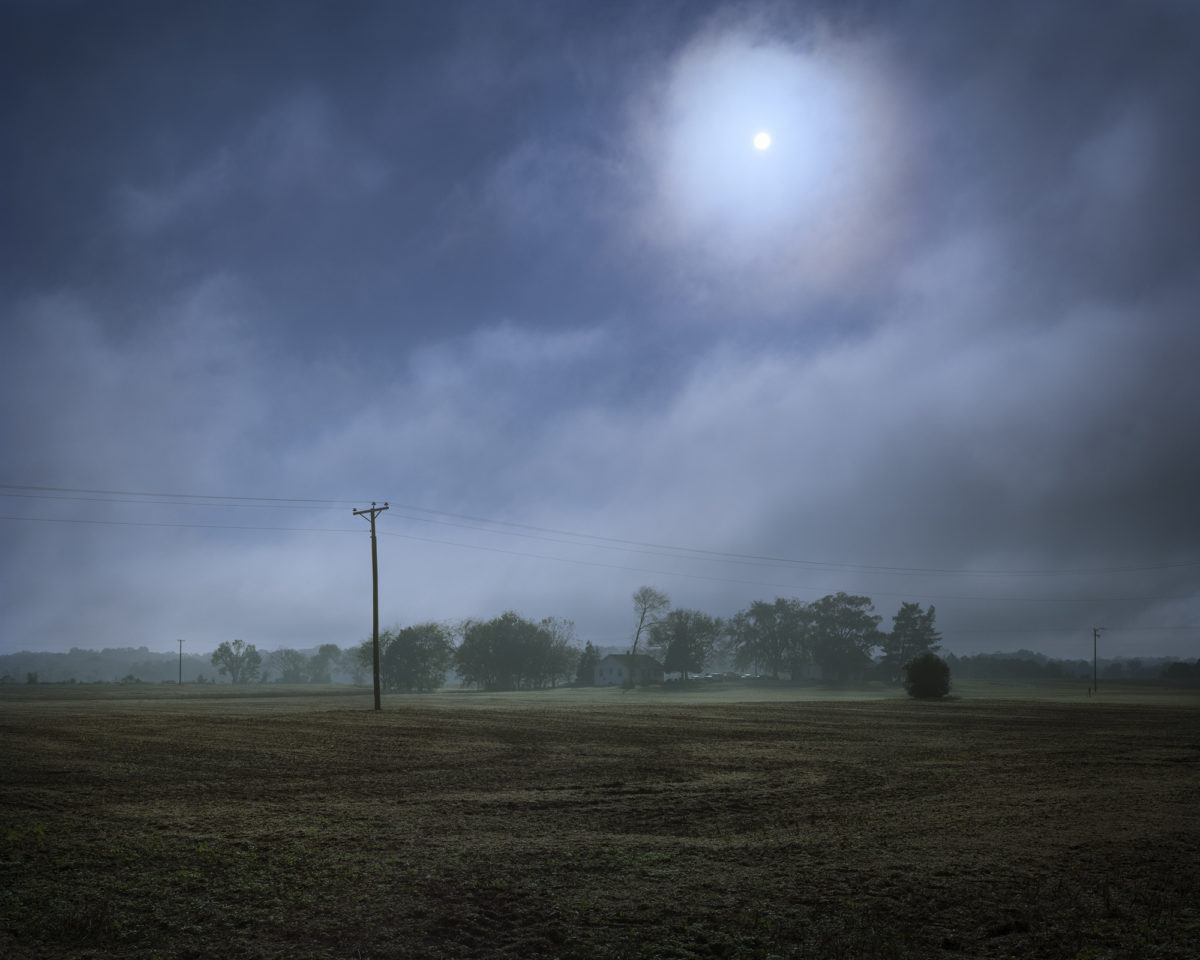
© Shane Rocheleau
You are Masters of the Fish and Birds and All the Animals, Gnomic Book, 48$, 112 p.
